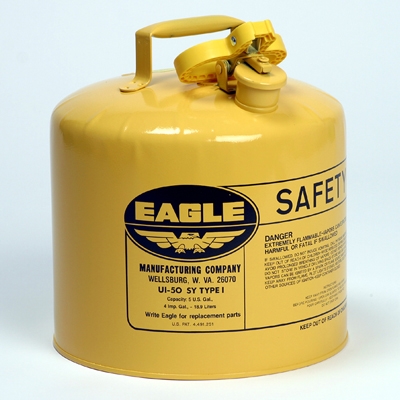
A Marathon oil refinery in Detroit experienced a large explosion on April 27, CBS Detroit reported. A diesel tank exploded during maintenance work at approximately 6 p.m., injuring one employee and sparking a fire that released thick black smoke into the air well into the night.
Three thousand residents in nearby suburban Melvindale were ordered to evacuate to a community center due to concerns over air quality. Approximately one hour later, Melvindale Police Sergeant Michael Welch called off the evacuation, allowing residents to return to their homes. Despite the compromised air quality, no Detroit residents were given the order to evacuate.
Firefighters arrived on the scene as police cordoned off streets, preventing any public entry. The fire was put out quickly and the injured worker sustained minor injuries, according to a Marathon Petroleum spokesperson. A HazMat team was also quickly assembled and sent to the scene by the Detroit Fire Department, and police officers wore respirators to protect themselves from toxins in the air, RT.com reported.. Although the fire was extinguished within two hours, firefighters and residents were shaken by what could have been a full-scale disaster.
"I saw the fire ball. The whole top of the tank was on fire and you could see it melted," witness Dan Taylor said to Detroit News.
Dangers of diesel fumes
Residents of Melvindale were temporarily evacuated to avoid potentially high levels of toxins in the air from the explosion, which occurred within a diesel tank during maintenance. According to the Occupational Safety and Health Administration (OSHA), brief acute exposure to diesel fumes can result in headaches, nose and eye irritation, nausea and asthma symptoms.
Reducing exposure to diesel fumes starts with prevention and investment in proper technologies to provide a safe environment for employees and local residents. Investment in toxic gas detectors that track levels of air toxins is vital to maintaining a safe work environment. If an explosion does occur, having proper industrial fire alarms and explosion-proof UV flame detectors installed is the first step in preventing injury and loss of life.
OSHA also recommends replacing older equipment with newer technology, which is safer, more fuel efficient and more reliable. Periodically replacing out-of-date diesel equipment has the added benefit of coming under new warranty, providing free or low-cost repairs when necessary.
Industrial Safety News brought to you by Safety Systems Technology, Inc., leaders in fire and gas detection systems.